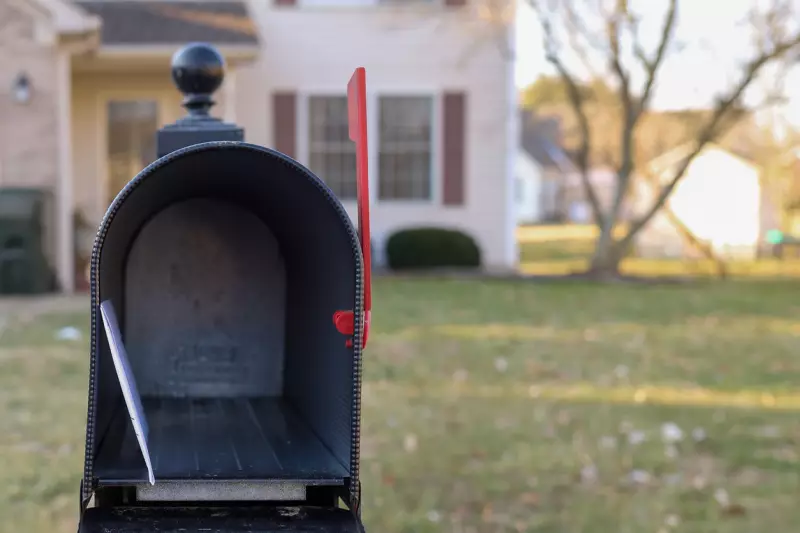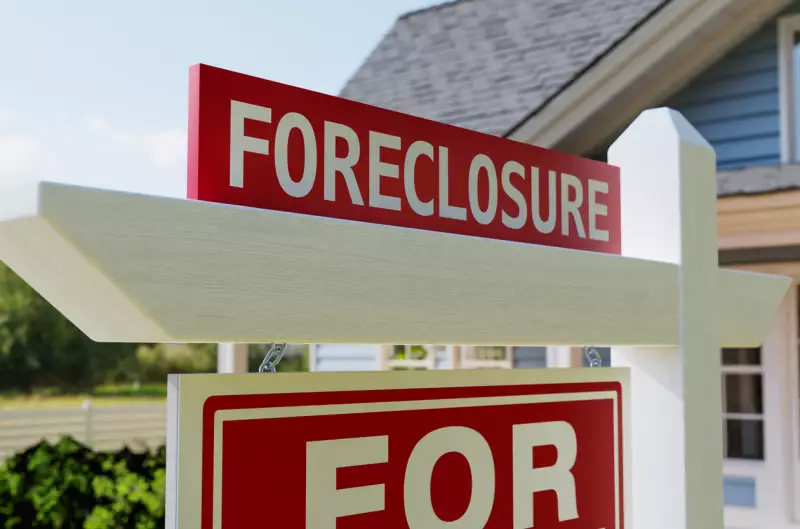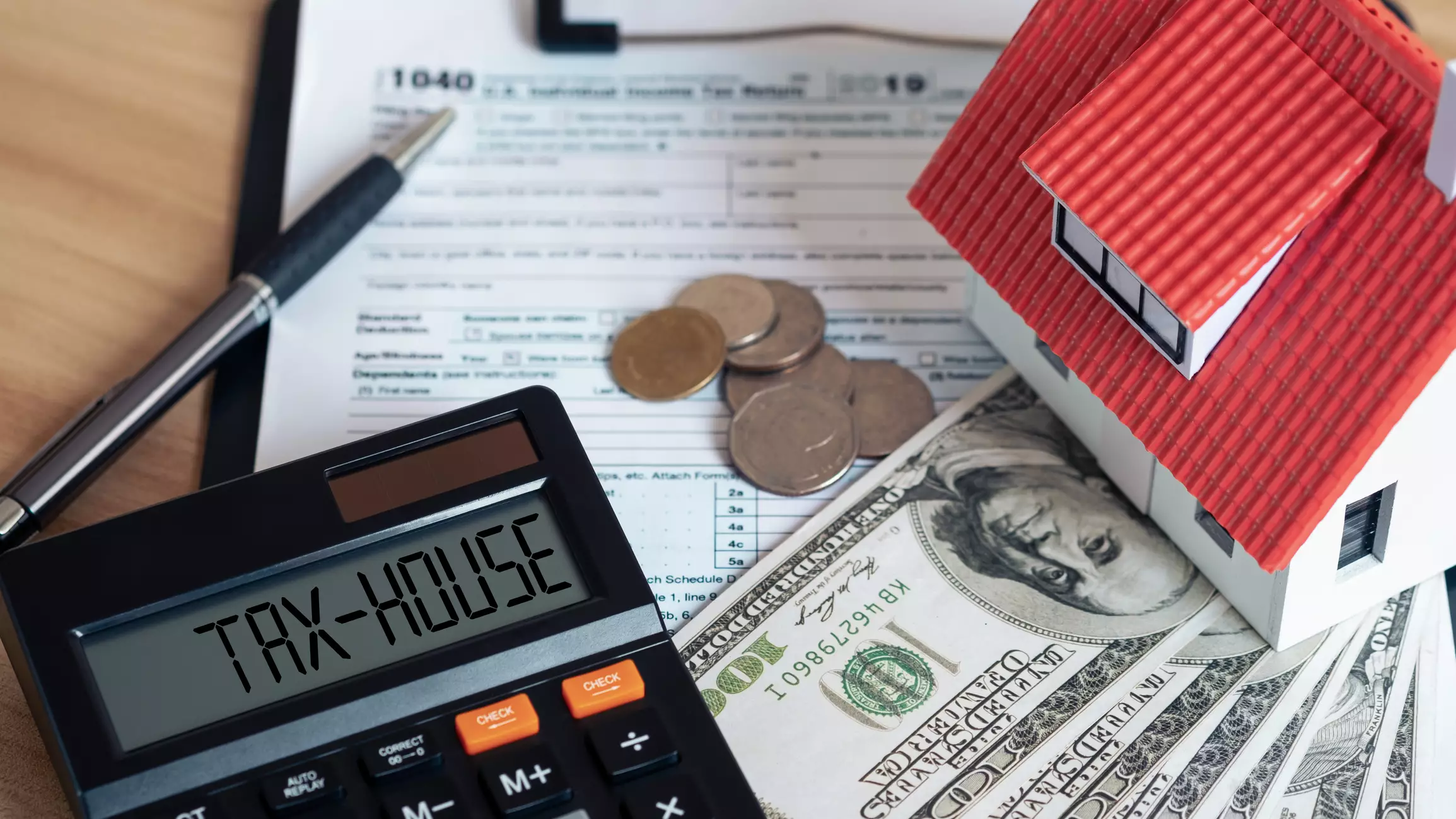When Do You Pay Property Taxes?

Table of Contents
- When Do You Pay Property Taxes?
- Understanding Property Taxes and Why They Are Important
- Key Property Tax Payment Dates and Schedules
- Annual & Biannual Schedules
- Quarterly Schedules
- Monthly Schedules
- How to Find Your Property Tax Due Date
- Check The Bill
- Check the County Tax Office’s Website
- Contact the County Tax Office
- Payment Options for Property Taxes
- Online Payment Portals
- Paying by Mail
- In-Person Payments
- Using Mortgage Escrow Accounts
- Early Payment Discounts and Late Penalties
- Early Payment Discounts
- Penalties for Late Payment
- Tips for Staying On Top of Property Tax Payments
- Setting Up Automatic Payments
- Using Tax Payment Apps
- Checking for Tax Relief Programs
- What Happens if You Don’t Pay Property Taxes?
- How to Contact Your Tax Office for Assistance
- Potential Consequences of Unpaid Property Taxes
New homeowners save for years to afford a house. To achieve their dream, they fight through inspections, negotiations, and closing costs. However, property taxes are another less visible expense to home ownership.
These taxes can be extremely stressful for the unprepared buyer, but they are a legal obligation to enhance the community. The required amount, payment methods, and due dates will vary depending on the local government.
Understanding why and when you pay these taxes is essential to adequate budgeting and is a trial that every new homeowner will experience.
Understanding Property Taxes and Why They Are Important
There is no state or national standard for property taxes. Local governments decide how to tax after considering projected budgets and earnings from existing revenue sources. This means that the deciding criteria may differ between tax districts.
The local government utilizes an appraisal department to calculate each property’s assessed value. Homeowners must pay a percentage of that value based on the district’s needs, which involves a straightforward property tax calculation using the assessed value and local tax rate. These taxes are a supplement for improving school systems, streets, policing, fire departments, and more.
This obligation applies to all real estate types, including residential, commercial, and industrial complexes. However, the taxed percentage often changes depending on the property’s purpose. For example, renting the property out may lead to lower tax rates.
Key Property Tax Payment Dates and Schedules
One of the most common questions is whether you pay property taxes monthly or yearly. The answer is somewhere in between. It’s rare for someone to pay monthly, but many states allow for biannual and quarterly payments.
Annual & Biannual Schedules
Most jurisdictions require property owners to pay taxes on an annual or biannual schedule. An annual deadline satisfies the tax in a lump sum payment. This means the total amount is paid once rather than in monthly installments like a mortgage.
Several states, such as California, allow more leeway in biannual payments. This method divides the tax into two installments, making the obligation more manageable for some homeowners. Biannual payments are usually spaced six months apart.
Jurisdictions allowing annual and biannual payments may keep different deadlines for either option. For example, many Arizona districts require total payments by December 31, while installments are due on April 30 and October 31.
Other examples of due dates by state include:
|
State |
Schedule Type |
Deadline |
|
Montana |
Biannual |
May 31 and November 30 |
|
Arkansas |
Annual |
October 15 |
|
Missouri |
Annual |
December 31 |
Quarterly Schedules
In most cases, quarterly and monthly schedules are reserved for special circumstances. People who qualify for quarterly schedules typically fall into the following categories:
- Property owners older than 65
- Disabled persons
- Heir property owners
- Veterans
Some states also allow surviving spouses to maintain the deferred tax payments their partner qualified for. However, deferred payments may carry an annual interest rate if the agreed-upon deadline passes.
A quarterly payment schedule may also apply to people whose homes are in emergency or disaster areas. Homeowners are often entitled to deferred or exempt payments if a disaster damages the property.
Massachusetts, New Jersey, and Nevada are the only states that normally utilize quarterly schedules. Additionally, Oregon has a triennial installment system.
Monthly Schedules
The most common use for monthly payment schedules is when lenders want to satisfy the property tax. Lenders charge the homeowner a percentage of the property tax alongside the mortgage, and the lender uses these charges to fulfill the tax on the owner’s behalf.
How to Find Your Property Tax Due Date
There’s a high variance in property tax deadlines, and knowing the exact date is crucial to avoid penalties and interest. There is also no age or date for the cessation of property tax payments, meaning you must pay property taxes forever.
Below are a few ways you can learn if your deadline is approaching.
Check The Bill
The government wants its money and will tell you how to pay it. Local tax offices mail the bill to property owners before the due date. This notification tells you the amount due, the tax period, relevant deadlines, and instructions on how to pay. You can also check online for any property loan records associated with the property and determine what needs to be paid.
Check the County Tax Office’s Website
Another easy way to learn your tax deadline is on the county tax office’s website. Most websites will tell you the first and last dates property owners may pay their taxes. You can also answer frequent questions like how to file an appraisal protest. You may even be able to pay the tax via an online portal.
Contact the County Tax Office
Call the county tax office if you cannot find the information online. There may be a wait time, but they can give you a direct answer. You can also email their offices, but getting a reply may take a while.
Payment Options for Property Taxes

County tax offices offer multiple payment methods, including online payments. You don’t have to mail in a check or pay in person, making it easier to avoid late penalties.
Online Payment Portals
Online payment services are the new norm and are available through most county tax office websites. Some jurisdictions may add a fee for credit or debit card transactions, but electronic checks are typically free.
Paying by Mail
The traditional payment method is mailing the tax office a check or money order. Checks are commonly made to the county’s tax assessor, which you can find on the relevant county tax office’s website.
Mail payments must be made in advance, at least a few weeks. This gives you time to confirm that the payment went through and to make other arrangements if it did not. Additionally, never send cash through the mail. Some offices may even deny the payment if it is mailed in cash.
In-Person Payments
In-person payments allow for immediate confirmation and peace of mind. Many counties have multiple branches, and cash, check, and sometimes card payments are available at each one. It may be necessary to schedule an appointment beforehand at their offices.
Using Mortgage Escrow Accounts
Lenders sometimes include a percentage of your property taxes on your mortgage payment. They keep this money in an escrow account and use it to pay off the property tax. This method protects their investment and lets homeowners split their property tax payments across 12 months.
Early Payment Discounts and Late Penalties
The financial impact of paying property taxes early or late can be significant. It can mean between pocketing a few hundred bucks or losing your home.
Early Payment Discounts
Property owners have a few months to pay their taxes. Getting it done in the early months can save hundreds or even thousands, depending on the property.
For example, Texas Tax Code Section 31.05 offers three-, two-, and one-percent discounts depending on when you pay. These discounts are available when the payment window opens in October, and the percentage discount decreases in November and December.
So, filing in October would save $180 on a $6000 property tax obligation.
Not all districts opt for these discounts. Interested parties should contact their county’s tax office for more information on available promotions.
Penalties for Late Payment
Paying taxes early gives you a chance at a discount, but paying them late will undoubtedly lead to a fine. The fine amount varies by location but is typically a percentage of the defaulted amount. For example, California state tax penalty for delinquent payments is 10 percent. Repeated nonpayment of taxes can lead to the government repossessing the property.
Tips for Staying On Top of Property Tax Payments
Efficiently managing property tax payments can save money and reduce stress. Here are our best tips for staying organized and keeping Uncle Sam happy.
Setting Up Automatic Payments
If your county allows online payments, it has an automatic payment option. This feature allows property owners to handle the situation beforehand and eliminate the risk of forgetting to pay.
Using Tax Payment Apps
Financial applications organize, track, and alert the user’s upcoming payments. Many even use artificial intelligence to predict payments you may have missed. These can send email and text reminders, making it easy to pay on time.
Checking for Tax Relief Programs
Property taxes end up being one of the most substantial costs to homeownership. Tax departments can help you create a plan to cover these costs without putting the property in jeopardy. Some states offer tax relief programs to certain groups, including veterans and senior citizens.
What Happens if You Don’t Pay Property Taxes?
Failure to pay taxes can result in severe financial consequences. The first is late fees and interest. Many states tack on a flat late fee and a percentage of the delinquent amount. The exact numbers vary, but the longer the amount is unpaid, the worse things get.
How to Contact Your Tax Office for Assistance
Those struggling to handle a lump sum payment should contact their local tax office for advice. Their information can be found online, and their offices are reachable via phone, email, and in-person visits.
Potential Consequences of Unpaid Property Taxes

If the government believes you can or will not pay the unpaid amounts, it will target the property directly. First, it will place a lien on the property, making it challenging to leverage the asset.
In severe situations, the property can be seized and put into a foreclosure sale. The government will sell the property to recoup the unpaid taxes.
Staying informed about deadlines, payment options, and potential consequences can help property owners manage their taxes. Even if the tax amount is daunting, your local tax office can offer several options, such as different payment schedules or benefit programs, that can make the ordeal much more manageable.
Search Property & Deed Records
Table of Contents
- When Do You Pay Property Taxes?
- Understanding Property Taxes and Why They Are Important
- Key Property Tax Payment Dates and Schedules
- Annual & Biannual Schedules
- Quarterly Schedules
- Monthly Schedules
- How to Find Your Property Tax Due Date
- Check The Bill
- Check the County Tax Office’s Website
- Contact the County Tax Office
- Payment Options for Property Taxes
- Online Payment Portals
- Paying by Mail
- In-Person Payments
- Using Mortgage Escrow Accounts
- Early Payment Discounts and Late Penalties
- Early Payment Discounts
- Penalties for Late Payment
- Tips for Staying On Top of Property Tax Payments
- Setting Up Automatic Payments
- Using Tax Payment Apps
- Checking for Tax Relief Programs
- What Happens if You Don’t Pay Property Taxes?
- How to Contact Your Tax Office for Assistance
- Potential Consequences of Unpaid Property Taxes










